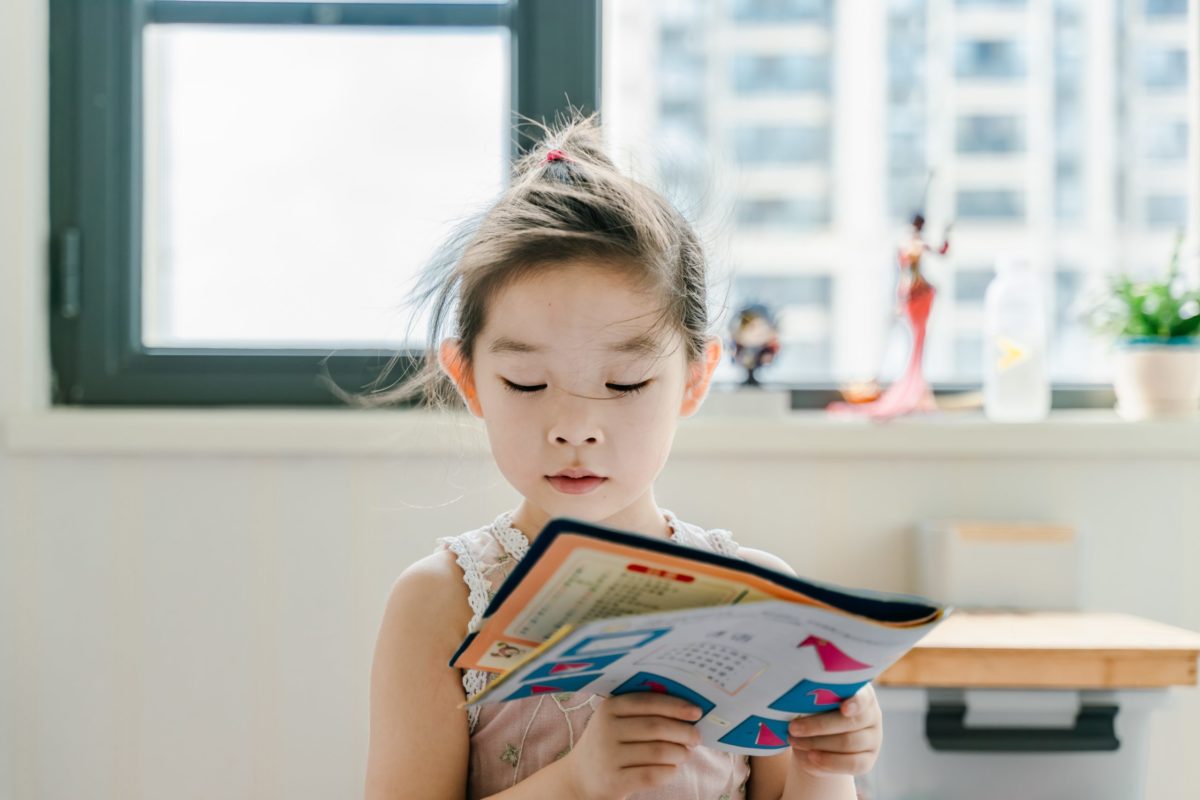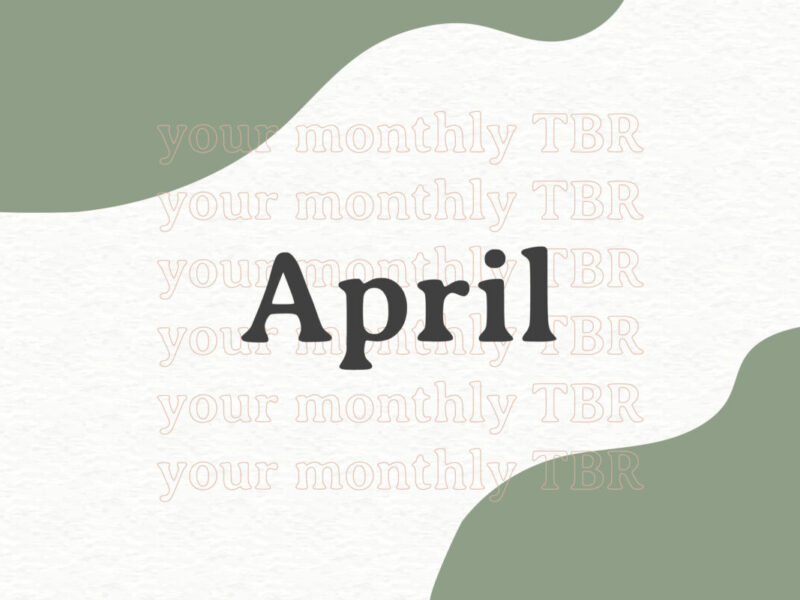We spend a lot of time talking about how impactful poetry can be on our hearts and minds, but what about our kiddos? I have often thought about how I want to introduce and share poetry with my son when he’s old enough. It got me thinking about all of the different ways that poetry can be a positive part of our children’s lives.
It encourages art and creativity.
Poetry shows us and our kids that love, life, and emotions can be expressed in so many different ways. Poetry gives them a new way to create and imagine. Your child’s poems can be made into pieces of art or they can perform a favorite poem at a “poetry open mic night” for the family. It can be an original or a poem that they’ve read with you. Let poetry shape and inspire playtime.
Think about all of the different poetic forms out there and the variety of subject matters. There are so many kid-friendly poetry books or topics that introduce children to poetry like Where The Sidewalk Ends by Shel Silverstein or anything by Dr. Seuss! As your children get older, there are also books that introduce them to the works of famous poets with kid-friendly content and illustrations, for example, Poetry for Kids: Emily Dickinson. There is a wide variety of options for you, so try and see what resonates with your child the most.
It sparks imagination and inspires abstract thinking.
Imagery. Similes. Metaphors. Painting word pictures to describe a situation. Now more than ever in the age of technology, it is so important for us to find ways for our kids to engage their imaginations. Poetry can create a framework for them to think outside of the box and see the world differently. Not to mention, as they learn to dissect poems, they will be constantly exposed to different words and sentence structures. They will get to see firsthand how versatile language can be and how the way we organize our words has a huge impact on the messages we convey.
It supports discussing emotions.
I know for me personally, reading about people being brave with their emotions inspires me to do the same. The same principle goes for our children. If they read poems about processing complex emotions, it may help them learn to identify their feelings and understand them better as well. Poetry that talks about hope, love, friendship, and overcoming sadness can inspire them to discuss the big topics in their lives more openly. It may even give them an outlet to write about how they’re feeling as they try and make sense of it themselves.
It gives them an example of how to write their own stories.
Poetry creates endless possibilities for storytellers. Whether we draw on our own experiences for inspiration or long to create a whole different world with our words, our stories matter. Our children have their own perspectives, dreams, and unique personalities to bring to the art form. The more stories and poems they read, the more likely it is that they will be inspired to create stories of their own. Whether it’s through writing their own poems or simply through better understanding their emotions, poetry can inspire our kids to dream, to create, and to imagine.
It can be something you bond over.
Just like you may share some of your favorite old movies or songs with your children, you can also connect with them over poetry. Incorporate some of your favorite poems and poets into reading times, and they will start to associate those poems with you. It may become a memory that they’ll carry with them forever. And, as they grow older, they can also share their favorite pieces with you.
Reading is an immensely beneficial bonding activity for children. Reading poetry can further enrich your story time as you delve into different styles, topics, and themes together. If you haven’t started reading poetry with your children yet, what would be a poem you’d like to share with them? If you already do bond over poetry, let us know who you read together. We love the idea of making memories as a family over poetry.




